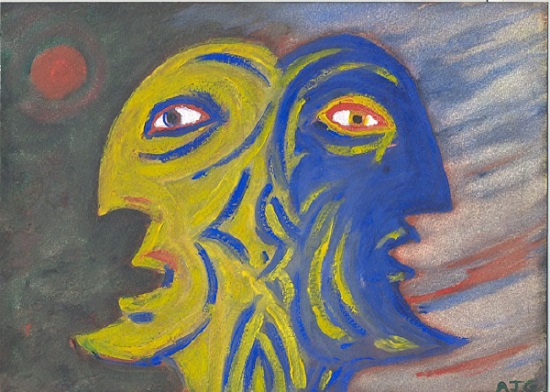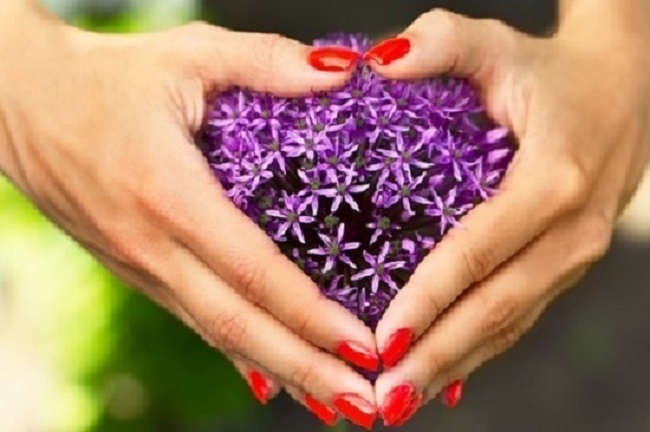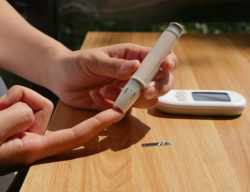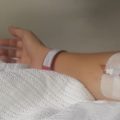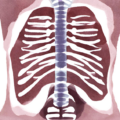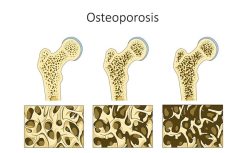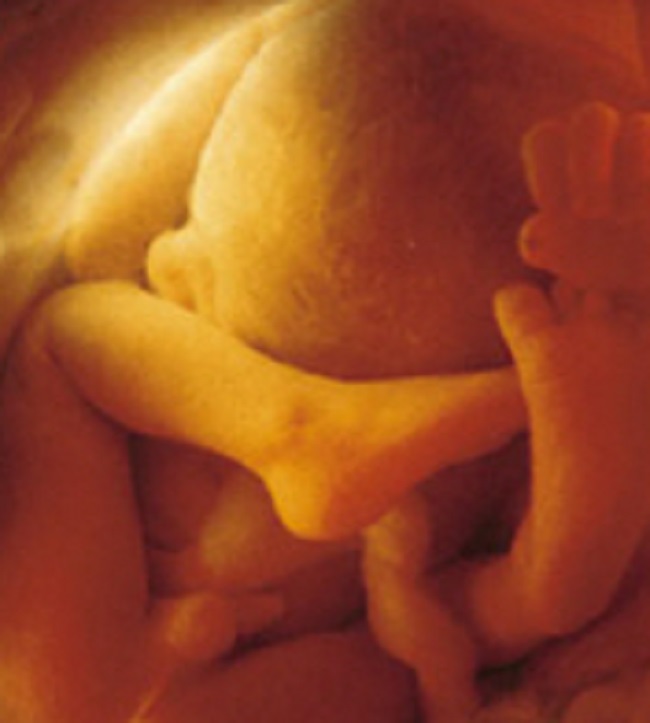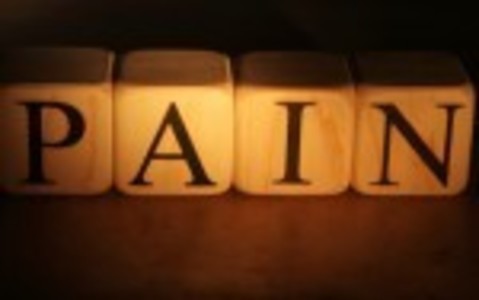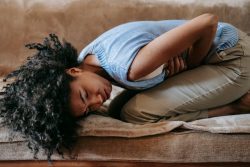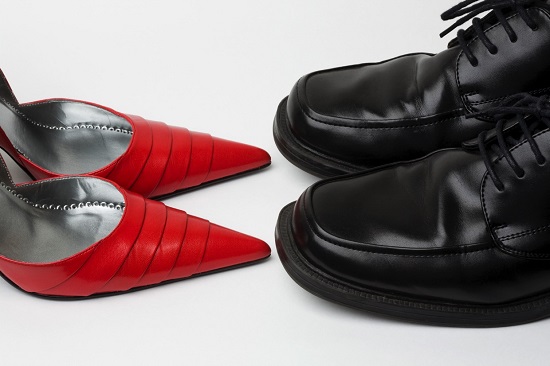My alarm goes off at 0600 every morning. I groggily put on my sports bra and tennis shoes and start one of my many work-out DVDs to start my day. I do push ups, pull ups, lunges and squats all in order to build lean muscle tissue. The science behind this equation is easy – use your muscles to build muscle. But how can you tone muscles in your body that can’t be toned with weights or treadmills? The muscle I’m talking about is the uterus. The uterus or womb is lined with muscles that are primarily designed for childbearing which as we all know gives way to that monthly visitor that brings a suitcase full of cramps, bloating, heavy cycles and more. What if I told you that there is an all natural remedy with no side effects that also helps regulate menstrual cycles, treat cramps, aid in fertility, even lessen the chance of miscarriage, and help labor? Interested?
While there have been very few studies on the effects of red raspberry leaf tea (tea made from the leaves of the raspberry plant), it has been used for thousands of years to tone the uterus for fertility and menstrual problems. Studies have concluded that there are no side effects of this natural remedy. Raspberry leaf tea is full of nutrients including iron, calcium, manganese and magnesium, vitamins B1, B3, C, and E.
In the past, I have tried synthetic hormone treatments to deal with irregular periods, heavy bleeding, and cramps. I suffered through severe side effects including heavy bleeding in between cycles, severe depression and of course, cramps. I decided to try raspberry leaf tea because it had no side effects, could be bought at the grocery store or online, and even if it didn’t work for my specific problems it was still very nutritious. After drinking 1-2 cups a day for about two months I noticed a significant change in the regularity and severity of my cycles.
While I can tone my arms, legs and abdominal muscles through weight and cardio routines, I continue to use red raspberry leaf tea to tone my uterus and reproductive system. Does anyone have other experiences with raspberry leaf tea to share? Any successful fertility stories through this ancient elixir?
Bonus: For an all natural beauty product try applying cold tea or tea bags to your face as an astringent to tone your skin and treat acne.

